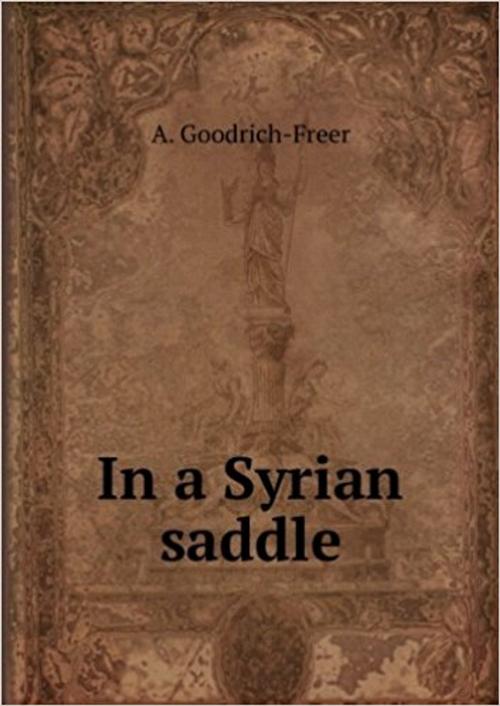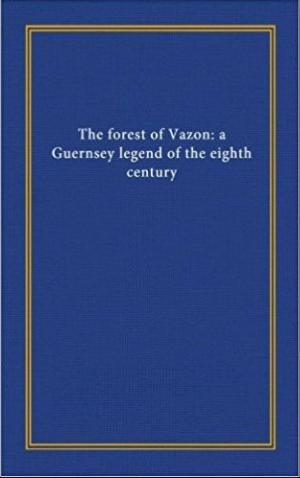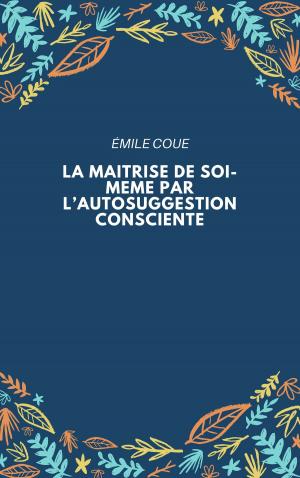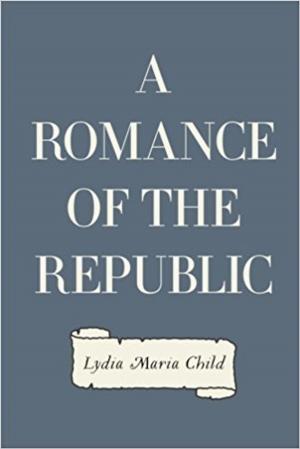| Author: | A. GOODRICH-FREER | ISBN: | 1230002337753 |
| Publisher: | Jwarlal | Publication: | May 24, 2018 |
| Imprint: | Language: | English |
| Author: | A. GOODRICH-FREER |
| ISBN: | 1230002337753 |
| Publisher: | Jwarlal |
| Publication: | May 24, 2018 |
| Imprint: | |
| Language: | English |
"A certain man went down from Jerusalem to Jericho"
Life is, in many respects, made very easy in the Holy Land. You can return home in the afternoon with no anxious forebodings as to how much waste of time is awaiting you in the shape of cards and notes on the hall table; you may wear clothes for covering, you may eat for nourishment; without taking thought for fashion in the one case, or of competition with your neighbour's cook or gardener in the other. But—according to our Occidental standards—you cannot consistently indulge any taste you may happen to have for being grand. Your attempts at a London, or shall we say a suburban, drawing-room, your "At Home" days, your Europeanised service, the dress of your {2} womankind—distantly reminiscent of the ladies' papers and of Answers to Correspondents—are certain to be complicated by some contretemps provocative only of mirth. The Oriental himself makes no attempt at being consistent. When you arrive at his house he spreads a priceless carpet, but omits to remove last week's dust from off the furniture; he gives you perfumed coffee, which is like a dream of Olympus, and his servant brings you a piece of bread in his fingers.
These reflections, and many more, were suggested during the waiting which accompanied our start in the early sunrise at half-past five on Saturday, 3rd October 1903. No one could have guessed how grand we really were, and there were moments then, and later, when the fact escaped even our own notice. We four, the Lady, the Doctor (of various forms of scholarship) and the two Sportsmen, were the chosen and proud companions of the Professor; and the Professor, besides being the greatest epigraphist in Europe, was the representative of a Royal Personage, and armed with all the permits and safe-conducts and special privileges useful in a land of cholera, quarantine, and backsheesh. Our eight horses {3} were innocent of grooming, and their equipment was fastened together mainly with tin tacks, pieces of rope, and bits of string; but it would have been difficult to find in England any animal to whom you could have proposed, still less with whom you could have carried through, one tithe of what our ragged regiment accomplished. Our two grooms, mukaris, appealed to certain senses as vaguely horsey, though they suggested nothing more distinguished than stable-helps; but their management of eight animals, under conditions which seemed especially designed for their destruction, when there was not a blade of grass, perhaps for a whole day not a drop of water; when they were ridden for ten, twelve, or even fourteen hours at a stretch with merely an hour's rest—without forage—at noon, would have done credit to any groom at Badminton or Berkeley. As we proposed to ourselves both pleasure and profit we took no servants—still less a dragoman. Our portable food had been very carefully selected, and was the best obtainable. Bread, eggs, chickens, grapes, and lemons we could count upon getting as we went along.
Each member of the party had clothing and a blanket in a pair of saddle-bags—mostly of {4} goats' hair or camels' hair, gaily decorated with coloured tassels—and these, with an extra pair for the baskets of food, spirit-lamps, plates, knives, and tin cups, were distributed among the three baggage animals, who also carried, in turn, the two mukaris, perched on the top of the pile, but capable of climbing up and down with incredibly rapid agility.
"A certain man went down from Jerusalem to Jericho"
Life is, in many respects, made very easy in the Holy Land. You can return home in the afternoon with no anxious forebodings as to how much waste of time is awaiting you in the shape of cards and notes on the hall table; you may wear clothes for covering, you may eat for nourishment; without taking thought for fashion in the one case, or of competition with your neighbour's cook or gardener in the other. But—according to our Occidental standards—you cannot consistently indulge any taste you may happen to have for being grand. Your attempts at a London, or shall we say a suburban, drawing-room, your "At Home" days, your Europeanised service, the dress of your {2} womankind—distantly reminiscent of the ladies' papers and of Answers to Correspondents—are certain to be complicated by some contretemps provocative only of mirth. The Oriental himself makes no attempt at being consistent. When you arrive at his house he spreads a priceless carpet, but omits to remove last week's dust from off the furniture; he gives you perfumed coffee, which is like a dream of Olympus, and his servant brings you a piece of bread in his fingers.
These reflections, and many more, were suggested during the waiting which accompanied our start in the early sunrise at half-past five on Saturday, 3rd October 1903. No one could have guessed how grand we really were, and there were moments then, and later, when the fact escaped even our own notice. We four, the Lady, the Doctor (of various forms of scholarship) and the two Sportsmen, were the chosen and proud companions of the Professor; and the Professor, besides being the greatest epigraphist in Europe, was the representative of a Royal Personage, and armed with all the permits and safe-conducts and special privileges useful in a land of cholera, quarantine, and backsheesh. Our eight horses {3} were innocent of grooming, and their equipment was fastened together mainly with tin tacks, pieces of rope, and bits of string; but it would have been difficult to find in England any animal to whom you could have proposed, still less with whom you could have carried through, one tithe of what our ragged regiment accomplished. Our two grooms, mukaris, appealed to certain senses as vaguely horsey, though they suggested nothing more distinguished than stable-helps; but their management of eight animals, under conditions which seemed especially designed for their destruction, when there was not a blade of grass, perhaps for a whole day not a drop of water; when they were ridden for ten, twelve, or even fourteen hours at a stretch with merely an hour's rest—without forage—at noon, would have done credit to any groom at Badminton or Berkeley. As we proposed to ourselves both pleasure and profit we took no servants—still less a dragoman. Our portable food had been very carefully selected, and was the best obtainable. Bread, eggs, chickens, grapes, and lemons we could count upon getting as we went along.
Each member of the party had clothing and a blanket in a pair of saddle-bags—mostly of {4} goats' hair or camels' hair, gaily decorated with coloured tassels—and these, with an extra pair for the baskets of food, spirit-lamps, plates, knives, and tin cups, were distributed among the three baggage animals, who also carried, in turn, the two mukaris, perched on the top of the pile, but capable of climbing up and down with incredibly rapid agility.















